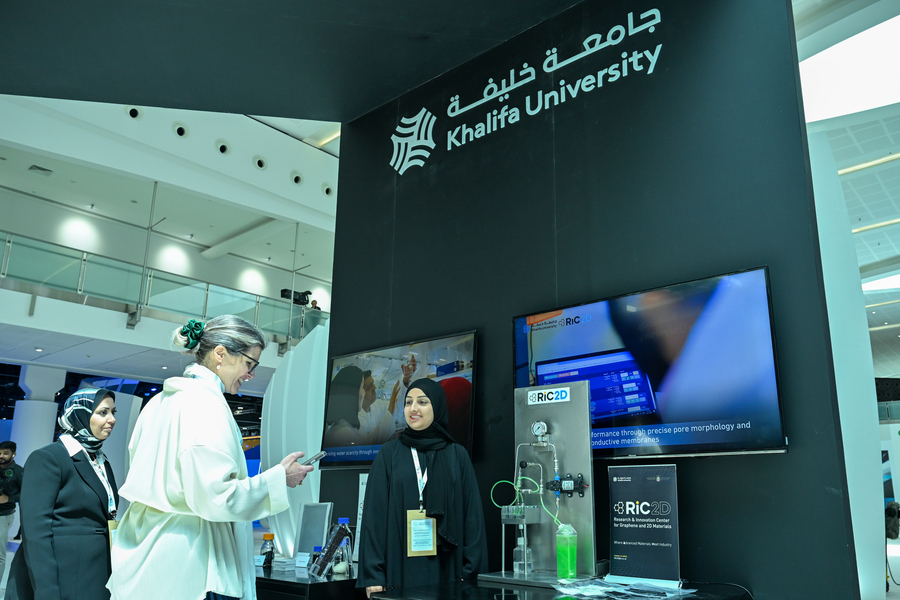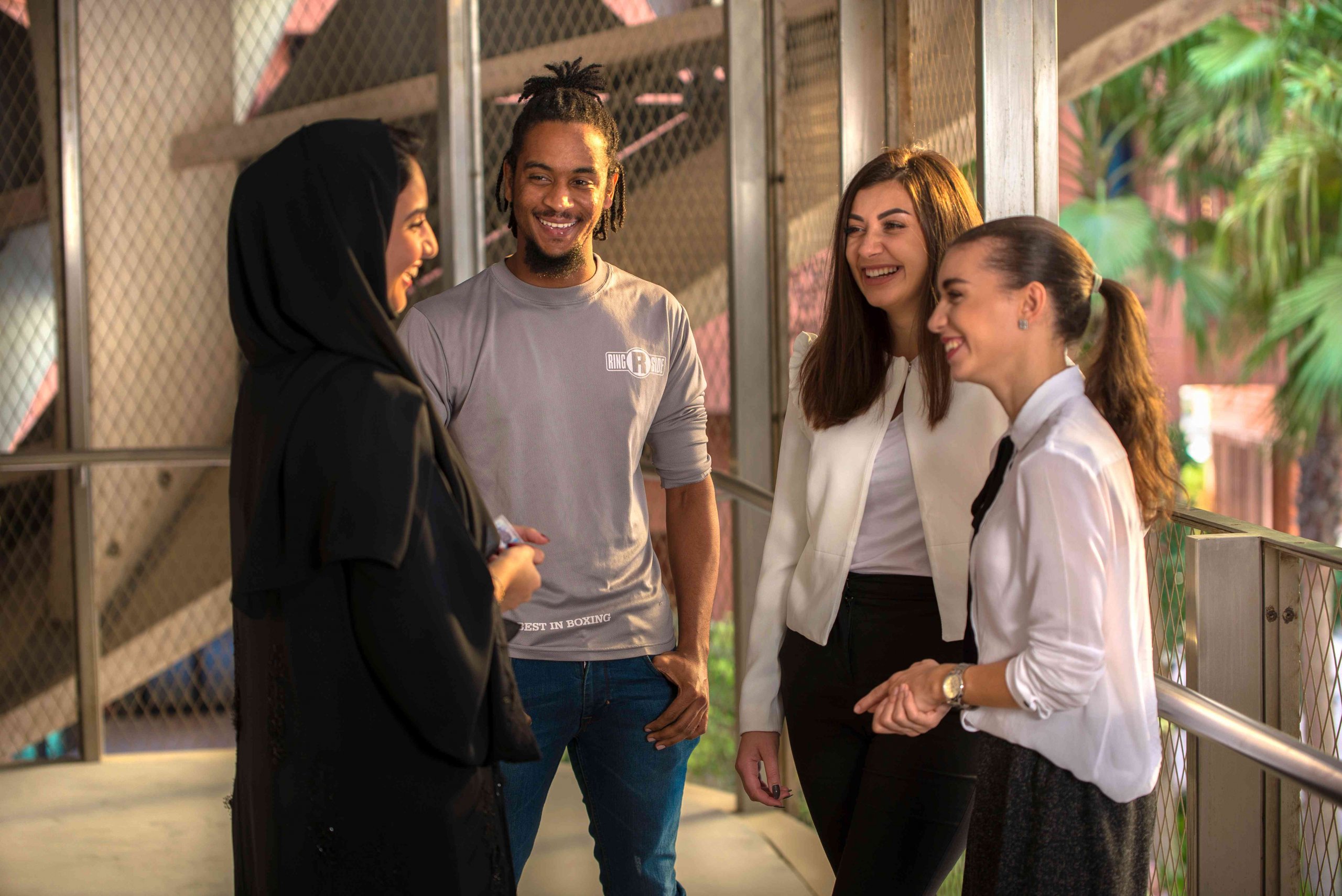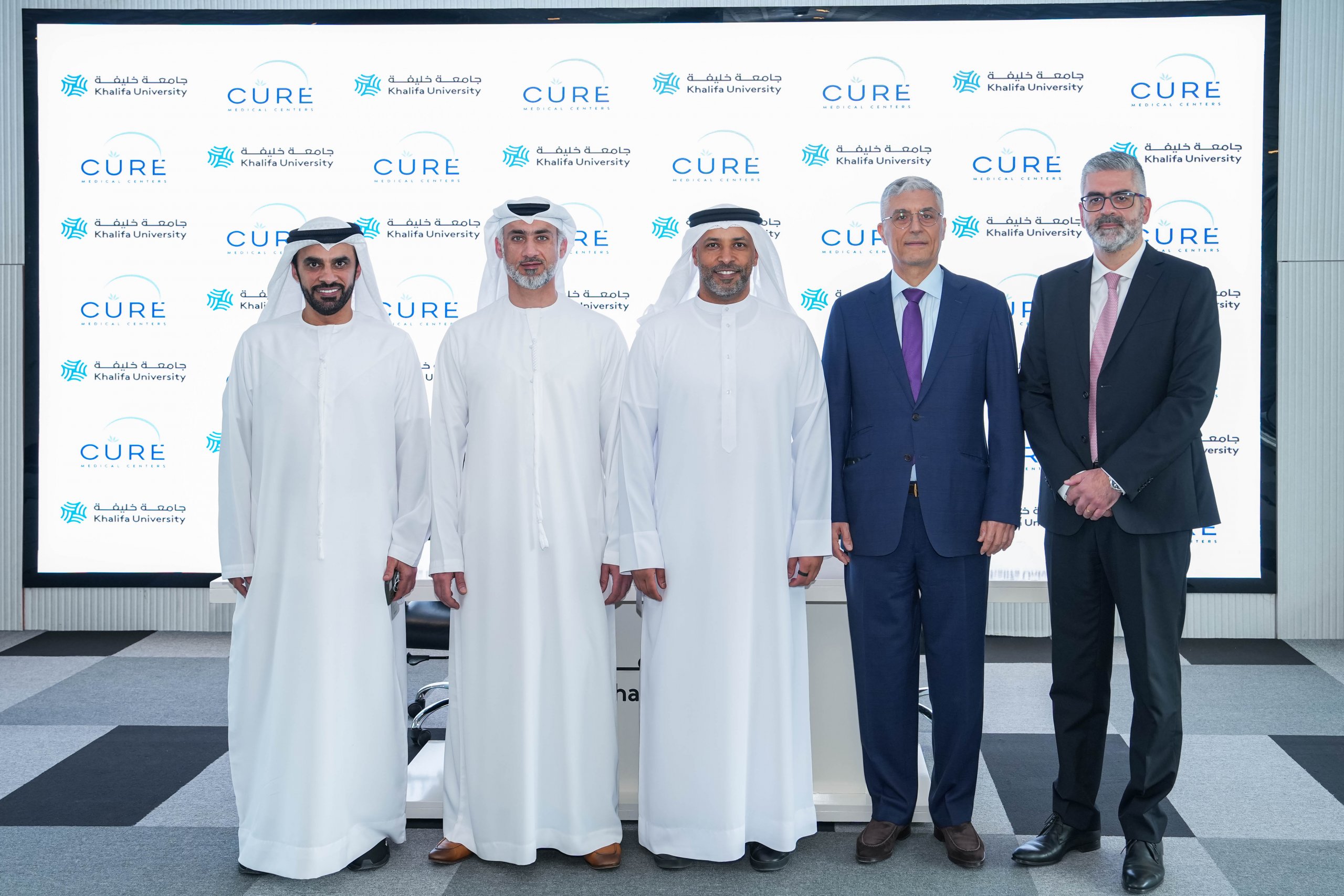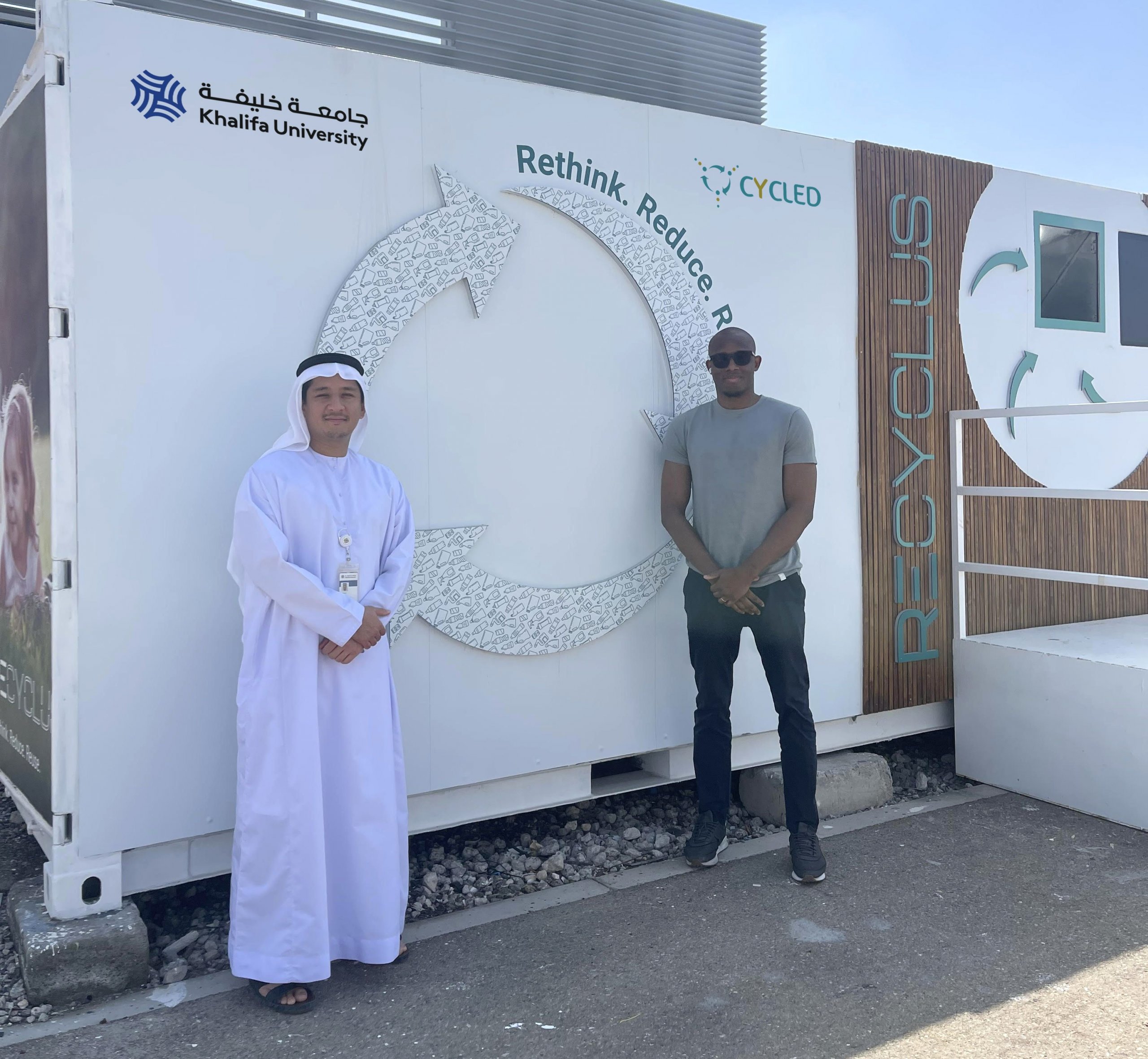Major Project in Organic Photodetectors including Solar Cells and Photodiodes Currently Under Way in Abu Dhabi
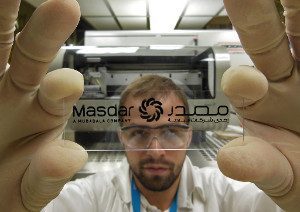 Abu Dhabi-UAE: 27 May, 2013– Masdar Institute of Science and Technology, an independent, research-driven graduate-level university focused on advanced energy and sustainable technologies, today announced researchers at the campus have taken the initial steps towards printed organic optoelectronics, placing the UAE firmly on the global map of this promising sector.
Abu Dhabi-UAE: 27 May, 2013– Masdar Institute of Science and Technology, an independent, research-driven graduate-level university focused on advanced energy and sustainable technologies, today announced researchers at the campus have taken the initial steps towards printed organic optoelectronics, placing the UAE firmly on the global map of this promising sector.
Printed electronics is a combination of the technologies employed in printing, electronics, chemistry and materials science. Industries across the world are embracing this nascent sector for commercial implications. New innovations are much sought after because this technology can offer benefits such as low cost, high throughput, ease of manufacturing and use in new applications.
Dr. Samuele Lilliu, a post-doctoral fellow working at the Nano-Optics and Optoelectronics Research (NOOR) Laboratory under Dr. Marcus Dahlem, Assistant Professor, Microsystems Engineering, is leading a major project on organic photodetectors, including solar cells and photodiodes. Novel research strategies and innovative concepts are also being developed to make Masdar Institute a strong player in the printed electronics arena.
The project involves several more faculty members including Dr. Amal Al Ghaferi and Dr. Marco Stefancich, Assistant Professors from the Materials Science and Engineering program, as well as Dr. Ammar Nayfeh, Dr. Jerald Yoo and Dr. Jaime Viegas, Assistant Professors from the Microsystems Engineering program. In addition, Dr. Matteo Chiesa, Associate Professor, Materials Science and Engineering, and Prof. Bruce Ferguson, Director of Masdar Institute’s Center on Innovation Systems and Entrepreneurship, are also part of the project.
Dr. Fred Moavenzadeh, President, Masdar Institute, said: “Cutting-edge research projects undertaken by the faculty, post-docs and students have once again placed the UAE firmly among the leaders in the advanced technology innovation. With the support of the country’s leadership, we have evolved into one of the top-ranking institutions, driving new solutions in science and technology areas. We will continue with our efforts to maintain the status of Masdar Institute as a pioneer in creating and nurturing knowledge capital in the region.”
A current study by IDTechEx, a consulting company for printed electronics, shows that the market for printed and potentially printed electronics is already worth US$9.4 billion. A study by Silicon Valley-headquartered business consulting firm Frost & Sullivan predicts the market for organic and printed electronics will increase by more than 100 per cent to around US$25 billion by 2015.
Tracking the global trend, Masdar Institute recently installed Fujifilm Dimatix DMP2831, one of the most flexible tools for inks development in inkjet-printing. The application of inkjet-printing as a fabrication tool for organic devices shows the potential of these organic materials for low-cost third-generation electronics and optoelectronics.
Dr. Marcus Dahlem said: “Dr. Lilliu fabricated the first high-quality inkjet-printed organic photodiodes at Dr. Sandro Tedde’s labs in Siemens AG, Germany, which currently holds the largest patent portfolio on organic photodiodes. His experience holds the key and his research project brings value to Abu Dhabi and the UAE.”
Training programs on operating the Fujifilm Dimatix DMP2831 for graduate students are currently being scheduled. Students will also learn to print polymers on ITO-coated glass and flexible substrates such as paper, textiles and plastics. A logo of Masdar was printed at the institute’s cleanroom using this high-tech equipment.
Dr. Lilliu said: “Organic semiconductors are highly attractive for electronic applications thanks to their ease of processing and tunability, which offers great potential for low fabrication costs. Bulk-heterojunction organic photodetectors based on semiconductive polymers and small molecules are currently among the best performing organic electronic devices.”
The development and the optimization of semiconductor and nanoparticles inks is an essential step for the commercialization of low cost organic photodetectors. Since organic solar cells can be coated on flexible transparent substrates, their potential applications range from self-powered electronic newspapers to building-integrated photovoltaics. The combination of organic photovoltaics with inkjet-printing also offers interesting opportunities in the field of multi-color aesthetic solar cells, a field that is currently unexplored and that could be highly attractive for designers and artists.
Other end-use examples of printable/disposable electronics include inexpensive printed RFID tags for smart packaging, E-paper displays sold for point-of-purchase applications, new products such as games, gadgets and gizmos that are based on printed and/or organic electronics, materials supplied to disposable electronics with strong demand for inexpensive conductive inks, as well as paper and board substrates.
Serving as a key pillar of innovation and human capital, Masdar Institute remains fundamental to Masdar’s core objectives of developing Abu Dhabi’s knowledge economy and finding solutions to humanity’s toughest challenges such as climate change
Established as an on-going collaboration with the Massachusetts Institute of Technology (MIT), Masdar Institute integrates theory and practice to incubate a culture of innovation and entrepreneurship, working to develop the critical thinkers and leaders of tomorrow. With its world-class faculty and top-tier students, the Institute is committed to finding solutions to the challenges of clean energy and climate change through education and research.



